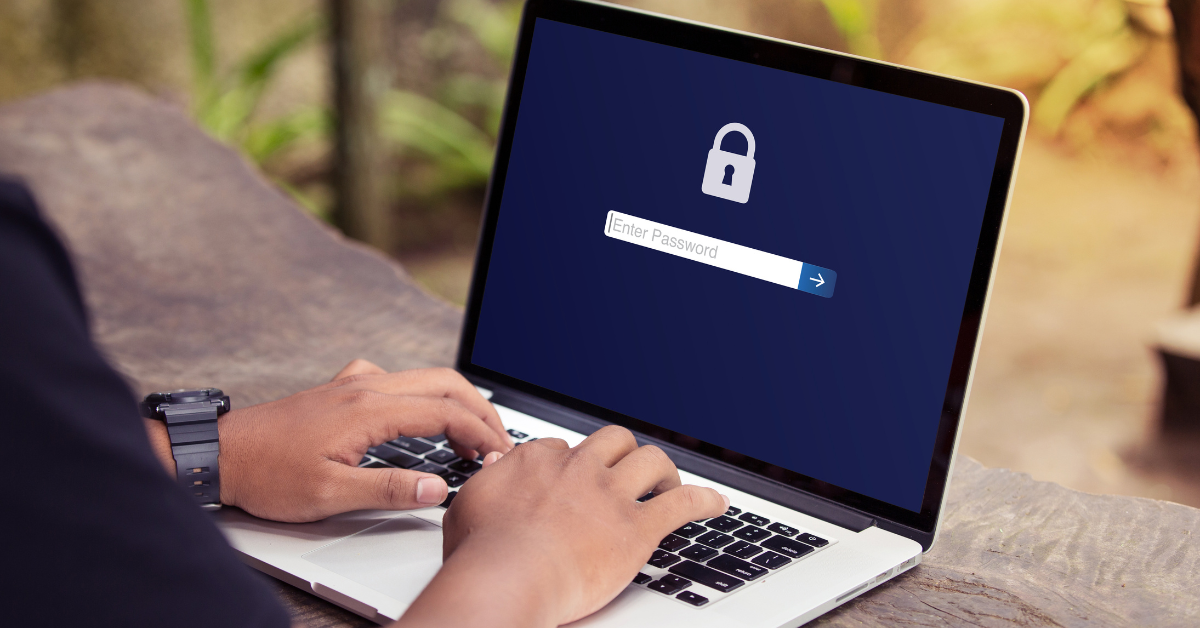It’s true. Your data isn’t well-protected by that password, however smart and complex it may be. In fact, passwords haven’t worked as a solid security strategy in a long time.
Passwords Aren’t Enough Anymore
The reasons that passwords simply aren’t sufficient are abundant. Hackers have become more and more clever as technology advances have taken place. Constantly changing passwords in corporate environments cause major disruptions when passwords are lost or forgotten. Not to mention that passwords cannot accurately make any determination between the actual user for whom they were created and anyone who may happen to have access to that password.
Consider this – An estimated 80 percent of data breaches are linked to compromised passwords. When you stop to think about the implications of this metric, it makes complete sense. How many times have you written down a password to use quickly and then forgotten about or lost that scrap of paper? How many times have you used the same password across different websites or simply changed one digit because you were required to create a new one?
These common habits and more have made passwords a completely unreliable measure of protection for your most private information and accounts. But if passwords aren’t keeping your data secure, what should you be using instead?
What to Do Instead
In this day and age of technology, there are many better ways to secure your information instead of or in addition to a longer and more complicated password.
-
Password Manager
The idea behind using a password manager is that it allows you to create unique passwords for every account you have, without the burdon of having to remember those passwords anytime you need to log in to anything.
Password managers are also often able to remind you to update passwords periodically – some even do this automatically – to keep your data as secure as a password alone can.
-
Identity Verification
We’ve all likely seen these measures of security. Identity can look like multiple-factor authentication and sending One-Time Passwords (OTP) among other measures.
They do a better job than only a password because they often require the user to confirm over telephone, text, or notification that they are who they say via the login information they’re using. While it isn’t perfect, this is definitely a solid option for someone who may otherwise be using a password alone as their measure of security.
-
Biometrics
Biometrics are most commonly seen in the form of facial recognition and fingerprint identification. These are on the more complex and safe side of data protection simply by the nature of what they require. By scanning their face or their unique fingerprint, individuals are able to secure their devices and digital information in a way that is more difficult to replicate in the way that a password can be.
It’s not without its flaws, however, and shouldn’t be relied on exclusively.
The Ideal Blend
In a perfect world, we wouldn’t have to worry about our data being misused and/or stolen. But given the world that we live in and the available technology in the wrong hands, it is critical that we, as individuals and as businesses, take the greatest care to ensure our critical information is safe.
The best mix of the three options above is to use them all in conjunction with other online security measures and, of course, a better password.
